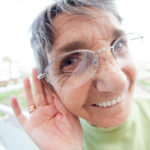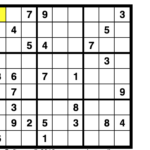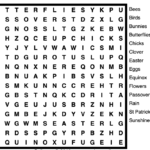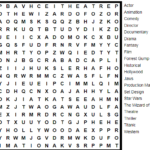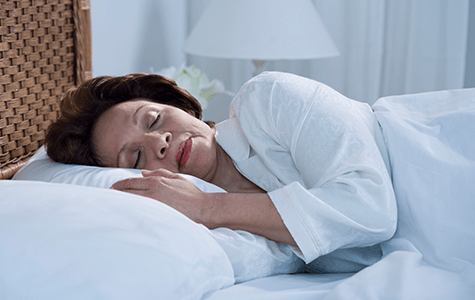 A good night’s sleep is elusive to many people but it can be especially difficult for people as they get older and even more so if they have some form of dementia. Researchers in Switzerland recently investigated the reasons why.
A good night’s sleep is elusive to many people but it can be especially difficult for people as they get older and even more so if they have some form of dementia. Researchers in Switzerland recently investigated the reasons why.
Study connects disrupted sleep and dementia
In a study of 580 people over age 65, the sleep quality of people with normal cognitive function were compared to those with cognitive impairment or thinking problems. Overall, those with cognitive impairment slept lighter and less, woke more while sleeping and reported more general sleepiness during the day. Researchers attributed this lack of quality sleep to sleep apnea, a common type of sleep-disordered breathing in which breathing can momentarily stop, resulting in a drop in oxygen levels. Findings from this study suggest sleep apnea may increase one’s risk of developing dementia.
More reasons to get quality shut-eye
Sleep is an important part of our overall health. It energizes you, improves your mood and may even reduce the buildup of an abnormal protein called beta-amyloid plaque, which is associated with Alzheimer’s disease. Older adults need about 6-8 hours of quality sleep each night.
What can you do?
Stick to a routine. Go to bed at the same time each night and get up at the same time each morning – even on weekends. Create a nighttime routine to help you relax before going to sleep (e.g., reading a book or taking a bath).
Exercise. Working out at least an hour and a half before bed is a great way to help you fall asleep faster and get the best quality sleep you need.
Ditch the electronics. Turn off your electronic devices at least an hour before bedtime and try to keep the television, computer, cell phones and tablets out of the bedroom. The light emitted from these devices can make it tough to fall asleep.
Watch what you eat and drink. Eating a large meal close to bedtime can hinder your ability to fall asleep. Also, stay away from beverages that contain caffeine, such as coffee, tea or soda, and chocolate late in the day. Remember that even a small amount of alcohol, though it may make you drowsy, can disrupt your sleep and make you feel less rested in the morning.
Ask your Doctor about a sleep study.
If you have signs of sleep-disordered breathing or sleep apnea like snoring, making choking noises, morning headaches and daytime sleepiness you may want to ask your doctor about a sleep study.
For more helpful tips on improving brain health by getting the best possible sleep, visit healthybrains.org/pillar-sleep.



